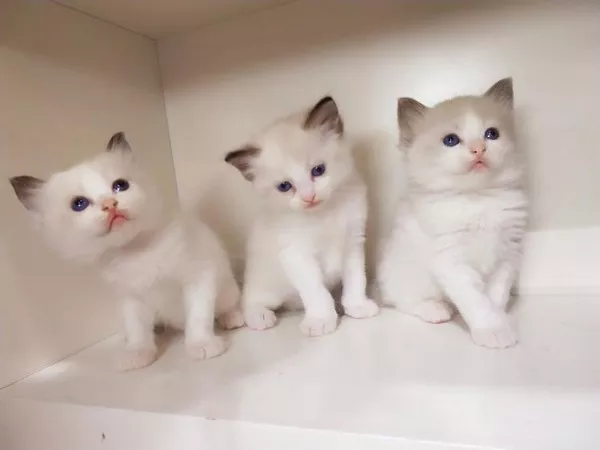Welcoming a new baby into your home is an exciting and life-changing event. However, as you prepare for the arrival of your bundle of joy, it’s essential to consider how these changes may impact your feline companion. Cats are sensitive creatures that thrive on routine and familiarity, so the introduction of a new family member can be a significant adjustment for them. In this article, we’ll explore the ways in which pregnancy and a new baby can affect your cat, providing practical tips to ensure a smooth transition and maintain a harmonious household.
Understanding Your Cat’s Sensitivity
1. Routine and Familiarity
Cats are creatures of habit, and they find comfort in their daily routines and familiar environments. Any disruption to their routine, including changes in the household dynamics, can lead to stress and anxiety.
2. Sensitive to Changes
Cats are attuned to changes in their surroundings and can pick up on shifts in energy and emotions. Pregnancy and the arrival of a new baby can create new scents, sounds, and activities that may affect your cat‘s behavior.
Pregnancy and Your Cat
1. Hormonal Changes
During pregnancy, hormonal changes can affect your cat’s perception of you. Some cats may become more affectionate, seeking comfort from their owner, while others might become more cautious due to unfamiliar scents.
2. Maintaining Routine
While preparing for the baby’s arrival, make an effort to maintain your cat’s routine as much as possible. Regular feeding, playtime, and attention will help reassure your cat during this transitional period.
Preparing Your Cat for the Baby’s Arrival
1. Gradual Introduction
Introduce your cat to baby-related items, such as furniture and baby products, gradually. Allow your cat to investigate these new objects at their own pace, helping them become accustomed to the changes.
2. Create Safe Spaces
Set up safe and quiet spaces for your cat where they can retreat to if they feel overwhelmed. This can be a separate room with their essentials, providing them with a sense of security.
Handling the Arrival of Your New Baby
1. Gradual Introduction
When bringing your new baby home, introduce your cat to the baby in a calm and controlled manner. Allow your cat to sniff and observe the baby from a safe distance, rewarding them with treats and praise for positive behavior.
2. Supervised Interactions
Supervise interactions between your cat and the baby closely. Ensure your cat’s comfort and boundaries are respected while allowing them to explore the new addition to the family.
Maintaining Harmony
1. Attention and Affection
With the demands of a newborn, it’s essential to continue providing attention and affection to your cat. Schedule dedicated playtime and one-on-one interactions to prevent feelings of neglect.
2. Enrichment Activities
Engage your cat in interactive play and enrichment activities to keep them mentally stimulated and prevent boredom. Puzzle toys and climbing structures can help redirect their energy.
Addressing Behavioral Changes
1. Signs of Stress
Watch for signs of stress or anxiety in your cat, such as excessive grooming, hiding, or changes in appetite. If you notice these signs, consult a veterinarian or animal behaviorist for guidance.
2. Consult Professionals
If your cat’s behavior changes significantly or if they display aggression or avoidance, seek professional advice. Animal behaviorists can provide tailored strategies to help your cat adjust.
Patience and Understanding
1. Time for Adjustment
Remember that adjusting to a new family dynamic takes time for both your cat and the new baby. Be patient and understanding as your cat navigates these changes.
2. Gradual Integration
Gradually integrate your cat into the baby’s routine. Allow supervised interactions and positive experiences to build a sense of comfort and familiarity.
Conclusion
In conclusion, the arrival of a new baby is a joyful occasion that requires careful consideration when it comes to your cat’s well-being. Understanding your cat’s sensitivity to routine changes and taking proactive steps to prepare them for the baby’s arrival can help ease the transition. By maintaining your cat’s routine, providing safe spaces, and offering attention and affection, you can create a harmonious environment where both your cat and your new baby can thrive. With patience, understanding, and a thoughtful approach, you can ensure that your beloved feline friend continues to be an integral part of your growing family’s life.




















